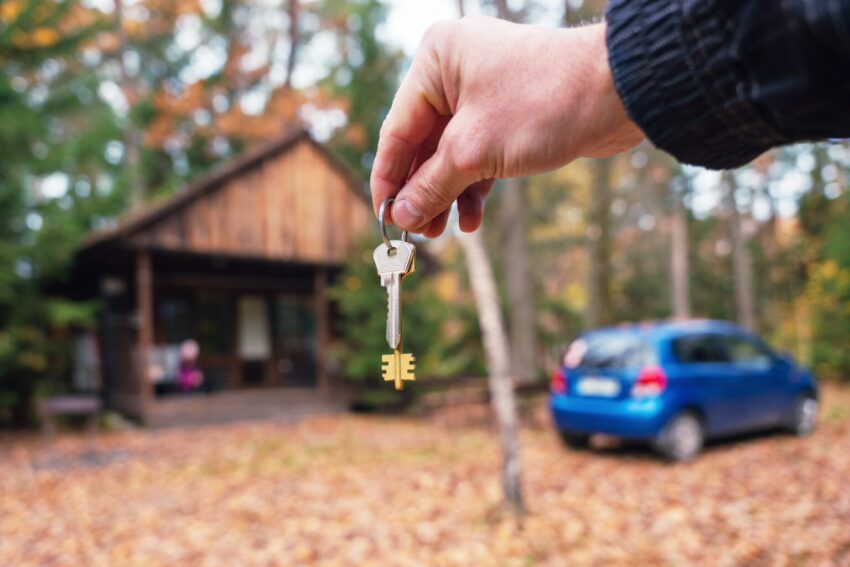Nowadays, short-term rental (STR) bylaws are a staple across cottage country. From Kawartha Lakes to Tiny Township, you can scarcely find a cottage municipality in Ontario that doesn’t have, or isn’t considering, stricter regulations for rentals.
But experts say these regulations are impacting cottagers, especially those who rely on rental income to help manage costs and upkeep, leading them to either sell or stop renting altogether.
Through official licensing processes, inspections, and rental restrictions, these bylaws—varied in their specifics depending on the municipality—force all STR-owners across the board to have more accountability. And while the rules were mostly put in place to keep an eye on “bad apple” rental properties, Jay Katzeff, president at Cottage Vacations, a cottage rental management company, says the impact is overreaching.
With the cost of cottage ownership on the rise, Katzeff says that the biggest concerns are from owners who recently inherited or bought properties. These cottage owners, mostly families, use renting as a means to supplement their costs.
“When they learn about STR licensing, it becomes a major barrier to getting them wanting to rent,” he says, which sometimes forces cottagers to sell long-time family properties.
Renting isn’t the primary goal for these cottagers; rather, it’s what allows them to cottage. “My fear is that we’re making cottage country unattainable for the average Canadian,” says Katzeff.
These bylaws also appear to be having an impact on the broader cottage real estate market.
David Donais, a real estate broker in Kawartha Lakes, says that during the pandemic he saw a high number of buyers looking to offset some of their cottage costs with renting. Shortly after the municipality adopted an STR bylaw at the beginning of 2023, Donais says he started to see significantly less buyers looking to rent their properties.
Whether that was the direct result of the bylaw, or simply evolving market trends on the heels of the pandemic, Donais isn’t sure. But since then, he says it “put a damper” on buyer interest in his area.
“These buyers may have moved on to other municipalities where they don’t have to contend with these bylaws,” he says.
Katzeff, who is also a realtor, says that he’s also concerned about these bylaws changing not only the real estate market, but broader cottage communities.
With less rentals available, he expects that it will become more expensive, bringing less tourists to cottage country.
“The only people who will be in cottage country are the renters who can afford to be there, the [owners] that can afford to jump through these hoops, or those who don’t need to rent at all,” says Katzeff.
Over in Haliburton, J.T. Lowes, who owns All-Season Cottage Rentals, a rental agency that works with private cottage owners to rent out their properties, is concerned about how the upcoming county-wide STR bylaw will impact his clients. Lowes says he expects to lose about 20% of his rental owners to the bylaw.
Haliburton’s STR bylaw is on track to be enacted on October 1st of this year.
This is going to hurt the “intergenerational transition” of cottage succession, says Lowes. “It’s not that they want to rent forever, but it’s a good stopgap to get them through that period until they can own,” he says.
And while both Lowes and Katzeff are supportive of having some sort of regulations in place, they say that it’s not fair, or accurate, for the public to paint all rental properties as troublesome.
“We’re renting to families that are bringing money to a small Ontario community,” says Katzeff. “They should be excited to share cottage country with these individuals.”

